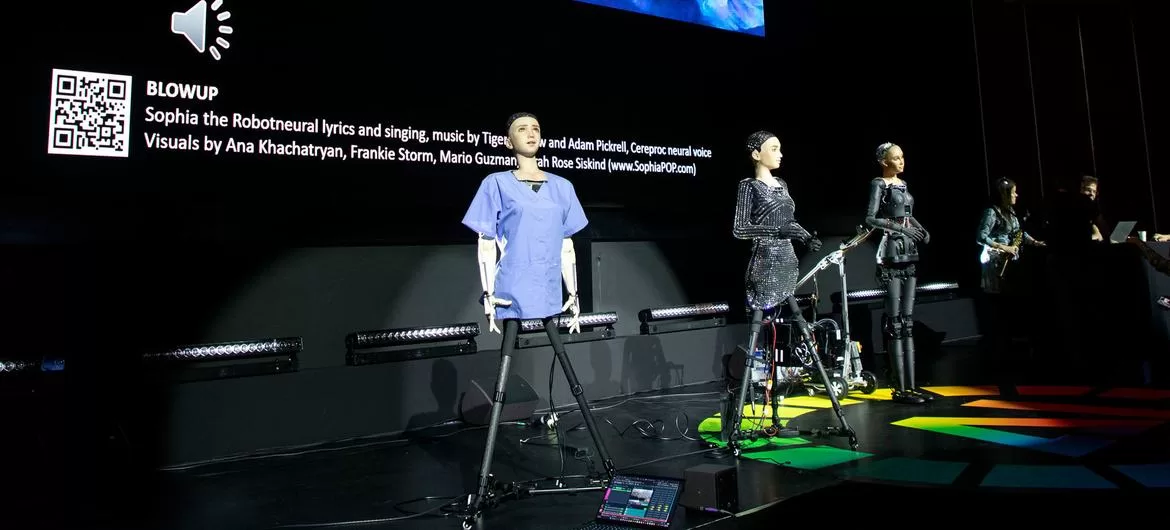The development of artificial intelligence, or AI, “for the good of all” requires guardrails grounded in human rights, transparency, and accountability, UN Secretary-General António Guterres said on Thursday.
He stressed that AI must benefit everyone, including the third of humanity who are still offline, and insisted on the need to urgently find consensus on what the guiding norms for AI deployment should be.
The UN chief was speaking at the “AI for Good” Global Summit organized in Geneva by the International Telecommunication Union (ITU), bringing together governments, civil society, UN agencies, AI innovators, and investors.
The event is exploring ways in which AI can be used to help the world achieve the Sustainable Development Goals (SDGs).
Get the SDGs back on track
At the summit, ITU Secretary-General Doreen Bogdan-Martin called for global cooperation to “ensure AI reaches its full potential, while preventing and mitigating harms”. At the mid-point towards the deadline that humanity has given itself to achieve the SDGs, the world was off-track, the ITU chief said, and using AI to accelerate progress was now “our responsibility”.
In an ideal scenario, Ms. Bogdan-Martin said that we would be able to successfully harness AI to find cures for diseases like cancer and Alzheimer’s, step up clean energy production, and support farmers in boosting crop yields.
AI risks on the rise
But, a dystopian future was also possible, in which AI destroyed jobs and enabled an uncontrollable spread of disinformation, or in which only wealthy countries reaped the benefits of the technology, the ITU Secretary-General said.
Earlier this year, UN human rights chief Volker Türk had warned about the rapid and unchecked advances in generative AI. He said that “human agency, human dignity, and all human rights are at serious risk”, calling for governments and businesses to anchor the technology’s development in rights considerations.
A ‘historic’ moment
The ITU chief stressed that the AI Summit was taking place at a “historic” moment when it was crucial to push for AI governance and ensure its inclusive, safe, and responsible deployment.
“The future of AI has yet to be written,” she said.
Innovative robots
More than 50 robots will be present at the Summit as part of a “Robotics for Good” exhibition. Their inventors will demonstrate how the robots can support people’s health, provide educational services, help persons with disabilities, reduce waste, and assist emergency response in disasters.
A number of humanoid robots were billed as “speakers” at the event, and their capabilities as caregivers and companions for elderly people were on display.












